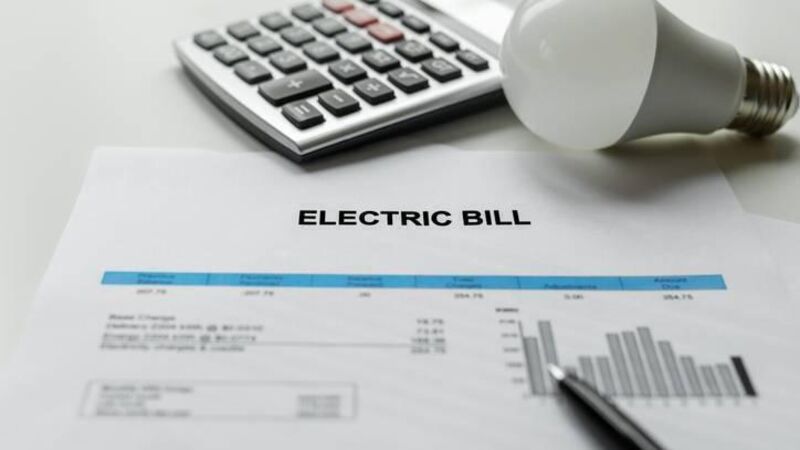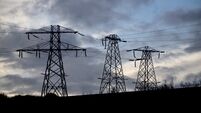Government’s winter credit brought down Ireland’s electricity prices to match European counterparts

Customers in arrears owe an average of €436.73 on their bills while gas customers owe €186.72, according to the latest figures, up to last November.
Ireland’s electricity prices are so high compared to the EU average that only the Government’s winter credit to all households brought them in line with European counterparts, a new department report has found.
An analysis by the Department of the Environment of the electricity credit scheme to ease the burden on households found that Ireland was in the minority of European peers in not putting price caps in place on bills during the Ukraine crisis.













